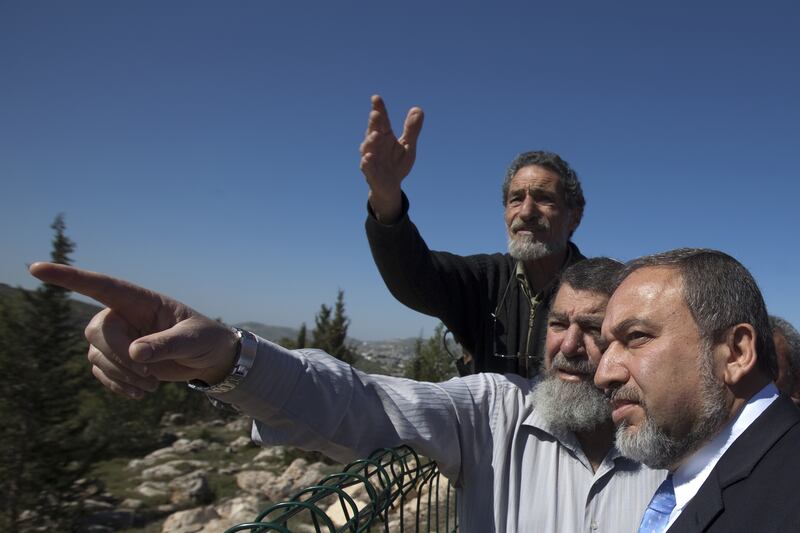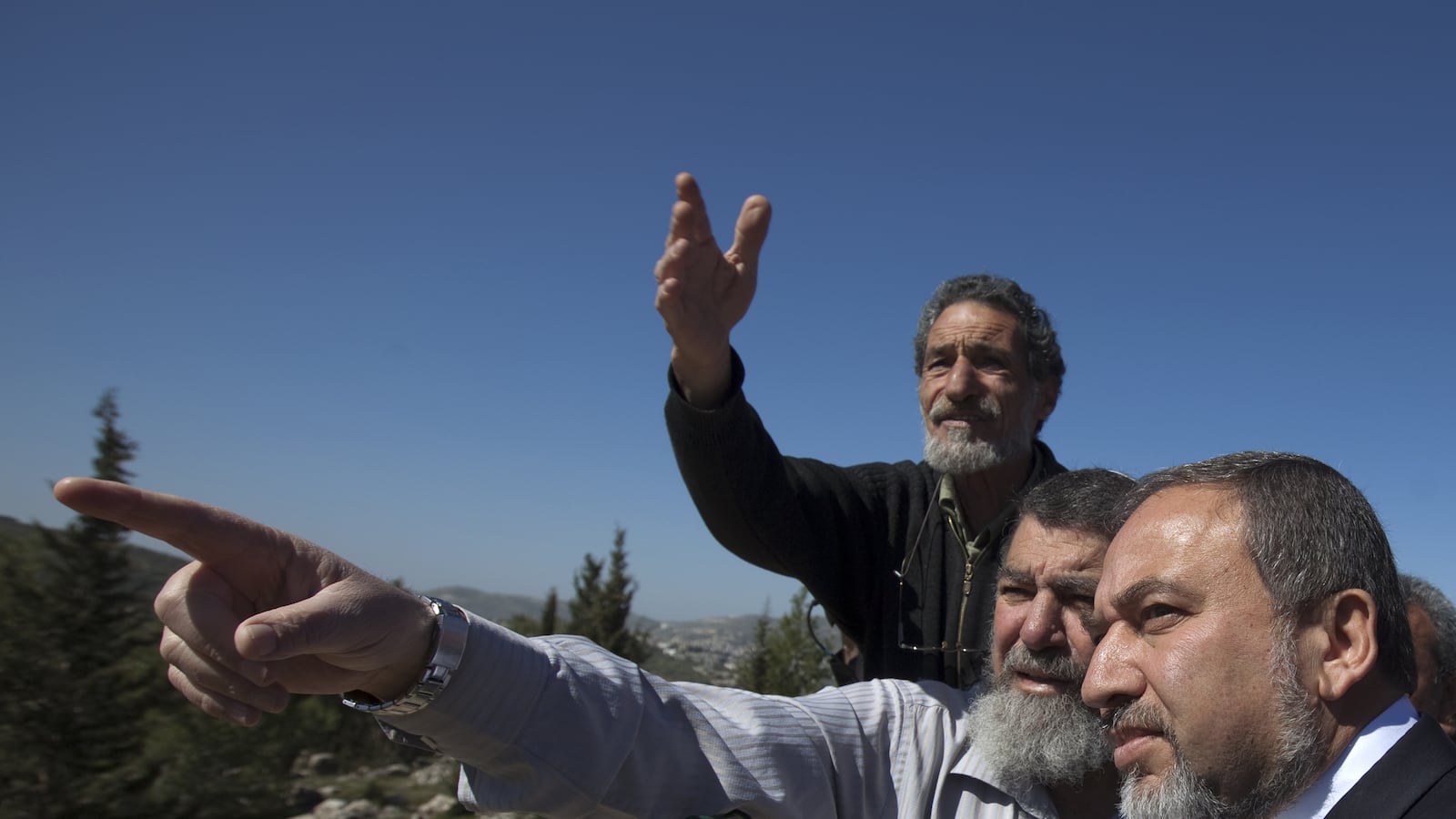Naftali Bennett, Israel's minister of religious services, has decided to appoint Rabbi Avihai Ronski to head a brand-new Jewish Identity Administration.
One could simply say, "Ronski is the wrong man for the job." But there's a logical flaw in that sentence. The job shouldn't exist, so no one could be right for it. Furthermore, the post will be in a ministry that only does a disservice to religion. And the fact that Naftali Bennett sees Ronski as his master and teacher provides additional proof that Bennett shouldn't be minister of anything.

Let's start with Ronski, who became nationally known as IDF chief rabbi in 2006-2010. Chief of Staff Dan Halutz's choice of Ronski caused a ripple of controversy, due to a halakhic opinion the rabbi had written years before. An army medic had asked him if it was permitted to treat a captured, wounded terrorist on Shabbat. Ronski said it was, but only for instrumental reasons: to avoid creating anti-Semitism, and to make questioning the captive possible. Challenged at the time by the prominent moderate Orthodox thinker, Yoske Ahituv, Ronski responded that the Sabbath took precedence over a gentile's life and halakhah over the IDF ethical code.
Less attention was paid to the location of Ronski's yeshiva: in an illegal outpost built partly on privately owned Palestinian land, as noted in the government-commissioned Sasson Report. As the military commander in occupied territory, Halutz should have been evacuating Ronski, not giving him a position for which integrity was a requirement. No one noticed that Ronski had been one of the founders of Od Yosef Hai, a yeshiva that was established as a settler toehold inside the West Bank city of Nablus and that earned a name as a center of extremism and racism.
Halutz, it was reported, wanted to mend the rift between the army and the religious right after the Gaza pullout. Ronski fit the bill because he was a settlement rabbi who'd told soldiers to obey orders to evacuate settlers. One of Ronski's arguments was that refusing orders hurt progress toward the strategic goal of having "the leaders of the country and the commanders of the army rooted in the tent of Torah."
As IDF chief rabbi, Ronski dedicated himself to promoting a very particular kind of Judaism. Army education officers complained that the rabbinate always had more money than they did for bringing speakers or taking soldiers on tours to historical sites. Soldiers complained that the rabbinate's tours were politicized. In early 2009, during Operation Cast Lead, the rabbinate distributed a pocket-sized motivational booklet of writings by one of Ronski's mentors, Rabbi Shlomo Aviner. It said that the Torah forbade "giving up a millimeter of the Land of Israel," and that "cruelty is a bad quality but it all depends when." The booklet reached the media because an upset Orthodox soldier turned it over to the dovish veterans' group, Breaking The Silence. In the face of public criticism, Ronski claimed that he had not personally approved the booklet. Later that year, though, in a lecture at a hesder yeshiva, Ronski declared that a soldier who "keeps his sword from blood" is "cursed."
Last year Ronski joined Bennett and secular rightist Ayelet Shaked to start a new political party, which quickly merged with the faded religious Zionist party, Habayit Hayehudi (Jewish Home). A primary victory made Bennett the new party leader. Shaked won a high spot on the Knesset list. Ronski stayed in the background. Bennett, an ex-entrepreneur and ex-army officer, packaged himself as the overachieving Israeli everyman, and his party as the revitalized respectable right. The package said, "Not extreme." It was misleading. When Avihai Ronski is your rabbi, you're somewhere beyond the pragmatic right.
But packaging works. Jewish Home won 12 seats. Bennett got a double cabinet post, as head of the powerful Economics Ministry (to prove that Jewish Home is more than just a clerical party) and the Ministry of Religious Services (to prove that it isn't). The latter ministry runs the rabbinic bureaucracy that so effectively alienates non-religious Jews and embarrasses ever more traditional and Orthodox Jews.
Despite a budget crisis supposedly so desperate that it requires taking bread out of poor people's mouths, Bennett got funding for the Jewish Identity Administration. Ronski will give civilians the benefit of his experience as military chief rabbi. He'll "strengthen the connection of this people to its land, to its tradition," Ronski told Haaretz. The work will be done by people who really live Judaism, "not professors," he stressed, but yeshiva students. In Ronski's view, if you learn about Judaism from someone with academic training, you're getting a counterfeit product.
In the worst case, Ronski and Bennett will succeed in indoctrinating some Israelis. In the only slightly less awful case, they will convince more Israelis that Judaism, when authentic, is morally offensive, that Jewish identity is tribalistic, and that both are worth shedding. Perhaps, as a very thin silver lining, they'll produce buyer's regret in some of the voters who mistakenly thought that business experience and a clean-shaven face is proof that someone is not an extremist.






